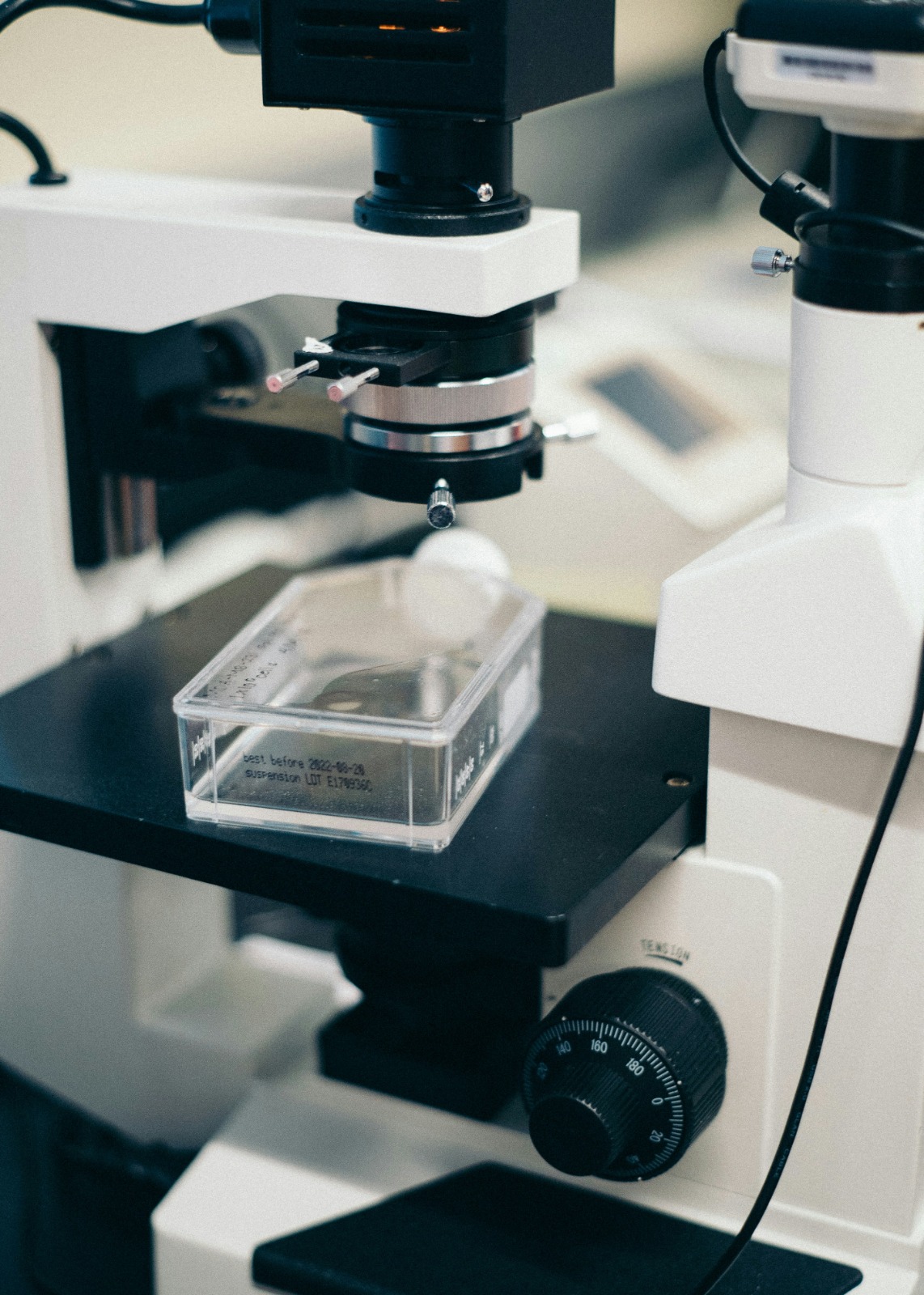

Foreign rights upheld: “Trekrezan” trademark protected in Russia
The Presidium of the Russian Court for Intellectual Property Rights has upheld the decision of the IP Court, which had invalidated Rospatent’s refusal to cancel the registration of the trademark ”TREKRESIL” of the Russian company. This ruling affirms that the disputed trademark does not meet the requirements for legal protection, thereby defending the rights of the Cyprus company Nelovia LTD to its series of trademarks “TREKREZAN”.
Case timeline and arguments
The dispute over the trademark “TREKRESIL” went through several key stages, where the parties presented their arguments.
1. Opposition at the Russian Patent and Trademark Office (Rospatent)
In November 2023, the company Nelovia LTD, the owner of a series of trademarks “TREKREZAN” for pharmaceutical products, filed an opposition with Rospatent against the legal protection of the trademark “TREKRESIL” (No.684647), owned by the Russian company Konstanta-Ya LLC. The company Nelovia LTD cited several legal norms, arguing that the registration infringed on its rights.
Key arguments by the company Nelovia LTD:
– High degree of similarity: both trademarks are confusingly similar. The coinciding initial part “TREKRE-” is strong and memorable, while the differences in the endings (“-SIL” vs. “-ZAN”) are weak, as they are commonly used in the pharmaceutical industry.
– Similarity of goods: both trademarks are registered for similar goods in Classes 3 and 5 (cosmetics, pharmaceuticals), which are sold through the same channels (pharmacies) and target the same consumers.
– Bad faith and consumer confusion: the registration of the trademark “TREKRESIL” was filed to capitalize on the reputation of the well-known “Trekrezan” drug. Furthermore, both drugs share the same active ingredient, increasing the likelihood of confusion. The company argued that this misleads consumers about the manufacturer and constitutes an act of unfair competition.
2. Rospatent’s decision
In June 2024, Rospatent rejected Nelovia LTD’s opposition, upholding the legal protection for the trademark “TREKRESIL.” Rospatent concluded the following:
– low degree of similarity: upon overall comparison, the designations have a low degree of similarity because they differ in their endings “-SIL” and “-ZAN,” which carry the semantic and phonetic stress;
– no evidence of market confusion: the simultaneous existence of the drugs “Trekrezan,” “Trekresil,” and “Trekrezolid” was seen as proof that consumers distinguish between them. This fact was implicitly approved by the Ministry of Health of the Russian Federation when issuing registration certificates;
– public opinion polls: sociological research submitted by the “TREKRESIL” rights holder showed that most respondents did not associate the disputed trademarks with each other;
– lack of evidence for misleading consumers: Rospatent found that the company Nelovia LTD had not provided sufficient evidence that consumers associated “Trekrezan” specifically with its company at the time of registration of the trademark “Trekresil” in 2018.
3. Ruling by the IP Court
Disagreeing with Rospatent’s decision, the company Nelovia LTD appealed to the IP Court. In May 2025, the court satisfied the company’s claim and overturned Rospatent’s ruling. While the court agreed with Rospatent on some points (e.g., lack of proof for misleading consumers or bad faith), it identified a key procedural error:
(!) violation of assessment methodology: Rospatent failed to establish the degree of similarity for specific goods within the lists of goods and services of compared trademarks.
Rospatent should have separately assessed degree of similarity of the marks themselves and degree of similarity of the goods, in order to make a decision of possibility of confusion of consumers based on these degrees and all additional circumstances. There can be a possibility of confusion of consumers if the marks have low degree of similarity, but the goods are identical or highly similar.
Given the presence of identical product categories (e.g., “pharmaceutical preparations”), and the fact that Rospatent has recognized low similarity of the marks instead of lack of similarity, the Rospatent’s final conclusion can be considered ungrounded.
4. Cassation appeal to the IP Court Presidium
Rospatent and the company Konstanta-Ya LLC filed cassation appeals with the IP Court Presidium, insisting they were correct. However, in September 2025, the Presidium upheld the IP Court’s ruling, confirming its legality.
Conclusions of the IP Court Presidium:
1. The IP Court correctly applied the methodology for comparing the designations;
2. The instruction on the necessity to determine the degree of similarity of goods was valid. Rospatent failed to fulfill this obligation;
3. There were no grounds to reassess the findings of the IP Court or the evidence presented.
Outcome and significance of the ruling
As a result, Rospatent’s decision was declared invalid, and Rospatent is obliged to reconsider the opposition filed by the company Nelovia LTD, this time considering the violations pointed out by the IP Court, with special attention given to the analysis of the degree of goods similarity.
This case demonstrates that the Russian judicial system ensures a thorough and principled approach to intellectual property protection. Even when an administrative authority makes procedural errors, the court guarantees that the rights of bona fide rights holders, including foreign companies, will be fully protected, and disputes will be resolved in accordance with all substantive and procedural legal norms.
